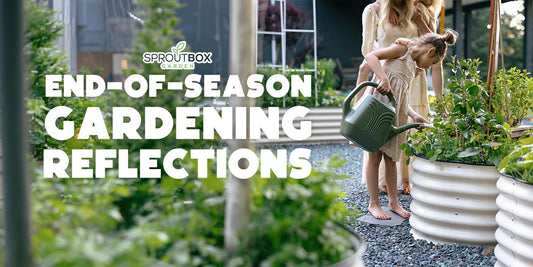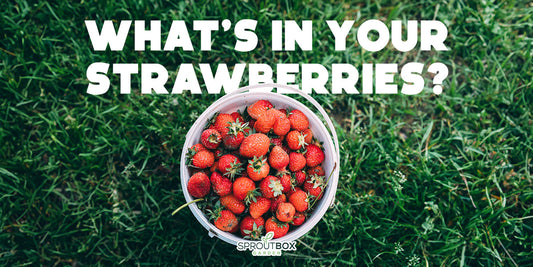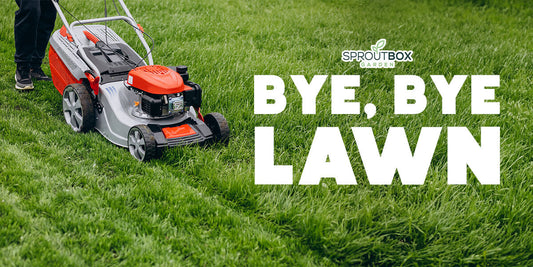Feed Your Garden Naturally: DIY Organic Fertilizers Made Easy

In the world of gardening, feeding your plants the right nutrients is key to promoting healthy growth and bountiful harvests. While commercial fertilizers are readily available, many gardeners prefer to take a more natural approach by making their own organic fertilizers at home. In this guide, we'll explore the art of DIY organic fertilizers, providing you with simple and sustainable methods to nourish your garden naturally.
Understanding Organic Fertilizers:
-
The Benefits of Organic Fertilizers: Organic fertilizers offer numerous benefits for your garden and the environment. Unlike synthetic fertilizers, which can contain harsh chemicals and contribute to water pollution, organic fertilizers are made from natural, biodegradable ingredients that enrich the soil and promote long-term soil health.
-
Types of Organic Fertilizers: There are many types of organic fertilizers to choose from, each offering unique benefits for different types of plants and soil conditions. Common organic fertilizers include compost, manure, bone meal, fish emulsion, and seaweed extract. By understanding the properties of each type of fertilizer, you can tailor your fertilization strategy to meet the specific needs of your garden.
DIY Organic Fertilizer Recipes:
-
Compost Tea: Compost tea is a nutrient-rich liquid fertilizer made from steeping compost in water. To make compost tea, fill a bucket with water and add a shovel or two of finished compost. Let the compost steep for several days, stirring occasionally, then strain out the solids and use the liquid as a foliar spray or soil drench to feed your plants.
-
Banana Peel Fertilizer: Banana peels are rich in potassium, a vital nutrient for plant growth and flowering. To make banana peel fertilizer, simply chop up banana peels and bury them in the soil around your plants. As the peels decompose, they release potassium and other nutrients into the soil, providing a natural boost for your garden.
-
Eggshell Powder: Eggshells are a valuable source of calcium, which helps strengthen plant cell walls and prevent diseases like blossom end rot in tomatoes and peppers. To make eggshell powder, collect clean, dry eggshells and grind them into a fine powder using a blender or coffee grinder. Sprinkle the eggshell powder around the base of your plants to add calcium to the soil.
Application Tips and Best Practices:
-
Timing and Frequency: Apply organic fertilizers to your garden during the growing season, preferably in the spring when plants are actively growing and again in the fall to replenish nutrients before winter. Avoid over-fertilizing, as excessive nutrients can cause nutrient imbalances and harm your plants.
-
Mulching: Mulching your garden beds with organic materials like compost, straw, or shredded leaves can help conserve moisture, suppress weeds, and gradually release nutrients into the soil as the mulch breaks down. Use mulch as a natural fertilizer boost for your garden beds, applying a thick layer around your plants to promote healthy soil and plant growth.
DIY organic fertilizers offer a sustainable and eco-friendly way to nourish your garden naturally, providing essential nutrients for healthy plant growth and vibrant blooms. By harnessing the power of natural ingredients like compost, banana peels, and eggshells, you can create homemade fertilizers that not only feed your plants but also improve soil fertility and promote overall soil health. So, roll up your sleeves, get creative in the kitchen, and start feeding your garden the natural way. Your plants—and the environment—will thank you for it!



